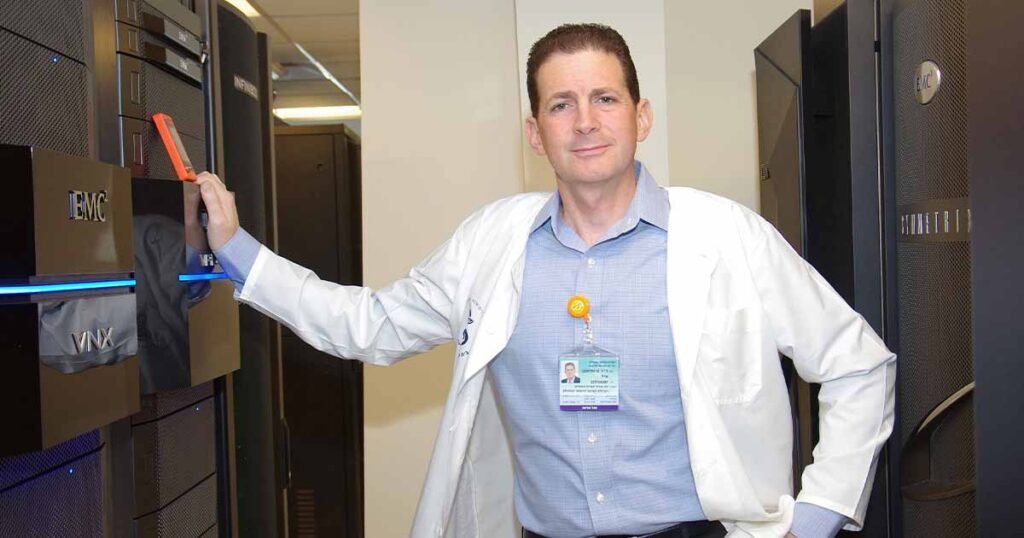Dr. Eyal Zimlichman is a prominent figure in the healthcare IT industry, known for his work as the founder and director of ARC Innovation and the chief innovation and transformation officer at Sheba Medical Center in Israel. With a keen insight into the future of healthcare technology, he has shared his predictions for 2025, focusing on the advancements in provider-facing AI, patient-facing AI, and precision medicine.
In the realm of provider-facing AI, Zimlichman anticipates a significant expansion in 2025. These AI-powered systems will play a crucial role in alleviating workforce shortages and reducing burnout among healthcare professionals by automating administrative tasks. By streamlining workflows and enhancing efficiency, provider-facing AI will enable healthcare providers to prioritize patient care over administrative duties. Zimlichman also foresees the integration of AI in clinical decision support, particularly in areas like radiology and digital pathology, paving the way for personalized and efficient patient care.
On the other hand, patient-facing AI is expected to progress at a slower pace due to regulatory constraints. However, Zimlichman envisions the emergence of solutions like digital nursing assistants and virtual health coaches that will enhance patient accessibility and support clinicians in managing larger patient volumes. These AI-driven platforms will streamline intake processes, reduce wait times, and empower patients to make informed decisions about their health. Virtual health coaches, based on generative AI, will cater to specific purposes such as wellness, chronic conditions, and medication adherence, revolutionizing patient care delivery.
In the field of precision medicine, Zimlichman predicts significant advancements in 2025, especially in the identification of biomarkers for tailored treatments. AI will play a crucial role in analyzing multi-omics data, including genetics, digital pathology, metabolomics, and proteomics, to customize treatments based on individual patient profiles. The integration of AI-powered digital pathology will expedite biomarker identification, enabling personalized treatment to commence on the same day as diagnosis. This approach will lead to earlier interventions, improved patient outcomes, and a transformation in healthcare delivery.
For CIOs and IT leaders in hospitals and health systems, Zimlichman emphasizes the importance of leveraging data infrastructure and standards to unlock the potential of data assets. Big data platforms will facilitate access to data analytics and insights, driving organizational effectiveness and efficiency. With the rapid expansion of generative AI solutions, CIOs should familiarize themselves with existing AI technologies and regulations to address workforce shortages and enhance patient care. Integrating genAI into EHRs will be a key focus, with leading EHR vendors racing to develop or acquire systems as a competitive advantage.
In conclusion, the future of healthcare IT is poised for significant advancements in provider-facing AI, patient-facing AI, and precision medicine. By embracing these technological innovations, healthcare organizations can enhance patient care, improve outcomes, and drive efficiency in healthcare delivery.


